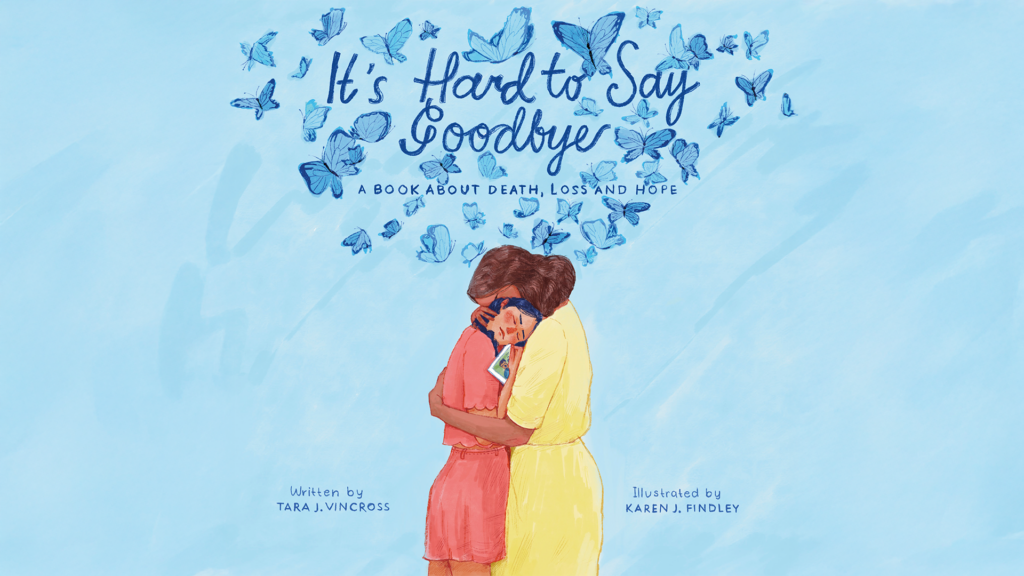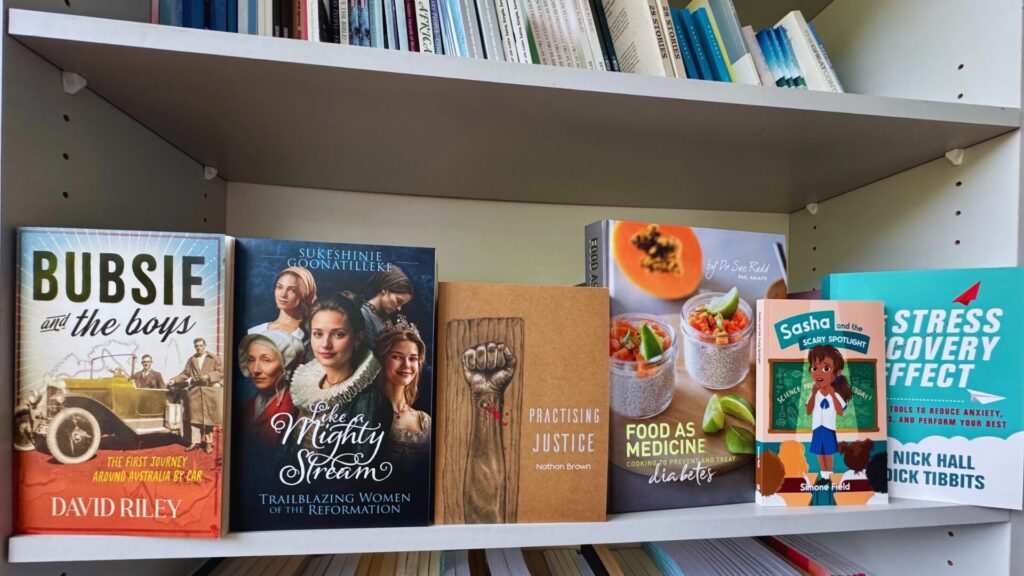Jeff Scoggins has been a missionary kid, a missionary and a church pastor, but now serves as the planning director for Adventist Mission, specifically managing the church’s Global Mission projects around the world and working to establish new projects among unentered people groups. He has also written books of Bible study and of stories from his travels. He talked about these writing projects.
How did you begin writing and why?
During my time pastoring, people often asked me questions about the Bible, which drove me to studying in depth. That evolved into studying entire books of the Bible in detail and writing about them verse by verse during my morning devotional time. After several years, I realised that I had worked my way through all of Paul’s epistles. That is where A Simple Guide to Paul’s Epistles came from. I did not intend to write a series, but after I worked my way through Isaiah, I decided to follow the same formula and make it another Simple Guide book. And now I am working my way through other parts of the Bible in the same way.
So what is the background to the stories in Regrets on an African River?
This book is the product of writing articles for my local town newspapers and church newsletters. People loved the stories so much that they suggested that I compile them into a book. All of the stories come from my own life experiences.
 What makes a good story?
What makes a good story?
I approach stories from one of two directions. The first approach is the experience itself. A story I would share with friends for its entertainment value is a good story. But since I write as ministry, not merely entertainment, I purposely search for an illustration that can be drawn from the story. The second approach comes from the opposite direction. Rather than starting with the story and looking for a point, I start with the point and look for a story. I keep a list of experiences from my life that consist of just a few words. When I need an illustration for a sermon or article, I run through my list to see if any of my experiences happen to align with the point I want to make. When a story does align, I write it in a way that illustrates my point.
With your Simple Guides books, is over-simplification a problem?
I think simple is always good. It’s just not always possible. In reading technical theological books, I often wish they were more accessible to people with no theological training. So I have made it my personal work to take scholarly work and rewrite the concepts in language that is accessible to everyday people. But over-simplification can be a problem because some theological issues are complex and cannot be simplified any more than quantum mechanics can be simplified. To theologically over-simplify in those cases can be dangerous. But we should still strive to simplify as much as is possible if we want church members to grow in their understanding.
What do you enjoy most in Bible study?
I love discovering connections within the Bible. More than anything else, the interconnected complexity of the Bible convinces me that God Himself is the author. No-one but God is capable of putting words on paper in a way that, in thousands of years of study, no-one has even scratched the surface of what can be discovered there. It is incredible to understand as I read, study, memorise and work in the Bible, that contained in the words themselves is the power of God. And just as those words created the world, and healed the sick, and raised the dead, those same words cannot go into me without effect.
What do you hope people take away from your books?
I hope people will learn that Christianity and Adventism specifically are reasonable and intelligent worldviews, that there are answers to our questions, that there is a power and beauty in God’s Word that once you taste you can never get enough of, that life with God is awesome, and how incredibly much God loves us and what that actually looks like in day-to-day life.
Regrets on an African River and other books by Jeff Scoggins are available from Adventist bookstores in Australia and New Zealand, or online.


 What makes a good story?
What makes a good story?



